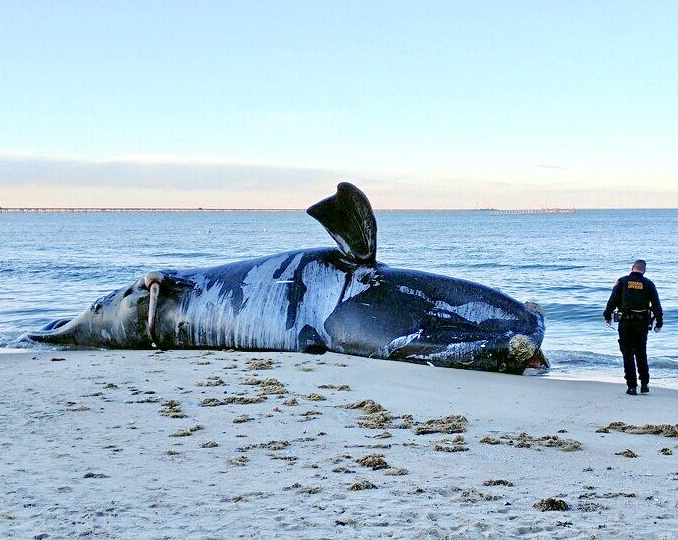You can help all animals and our planet by choosing compassion on your plate and in your glass. #GoVeg
RELATED ARTICLES
Pressure Mounts For Arizona To Ban Dog Pack Hunting Of Mountain Lions, Bears & Other Critical Species
Conservation groups have submitted a petition to the Arizona Game and Fish Commission urging a ban on the use of dog packs for hunting...
Help Save Millions Of Lives This Holiday By Choosing Compassion On Your Plate; Adopt A Turkey Today!
As Thanksgiving approaches, we hope you enjoy a warm and safe holiday. We encourage you to make a compassionate choice by leaving animals off...
Giraffes Are One Step Closer To Receiving Vital Endangered Species Act Protections
In response to a petition and subsequent lawsuit by conservation and animal protection organizations, the U.S. Fish and Wildlife Service (USFWS) has proposed listing...
Popular stories
News
Victory! Hawaiian Legislature Passes Seven New Animal Protection Laws Including A Ban On Killing Sharks In State Waters
Animal advocates across Hawaii are celebrating the close of a successful legislative year with the passage of seven new animal protection laws.
Most notably, the...
News
WAN Talks With Pelican Harbor Seabird Station About The Rescue Of Two Turtles Chained Together & Abused In Florida
Pelican Harbor Seabird Station (PHSS), a wildlife rescue service in Miami-Dade, Florida, recently saved two turtles that had been chained together and were stuck hanging...
News
The Ejiao Act Has Been Reintroduced In The U.S. To Protect Donkeys By Banning The Sale Of Donkey-Hide Gelatin
The Ejiao Act has been reintroduced by U.S. Representative Don Beyer (D-VA) this week in the House of Representatives to ban the sale and...



